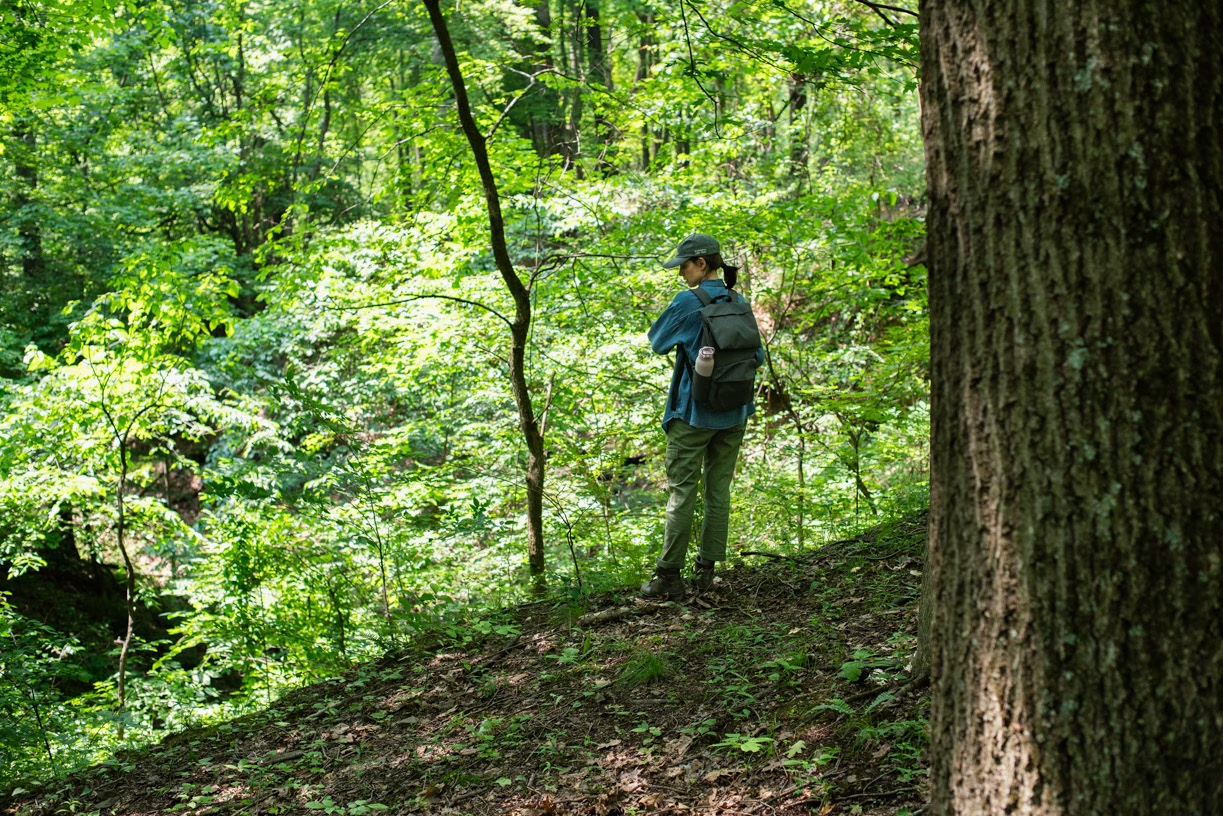Panhandle Greenway
The Panhandle Greenway Conservation Project is a landscape-scale effort to proactively conserve green space in the southwest part of Allegheny County. We believe that what drew many to live in this part of the county is the same as what draws many to visit this part of the county: the area’s vast swaths of green space providing unique scenic character, biodiversity, good air and water quality, and opportunities for outdoor recreation. As development ramps up in these communities, we are collaborating with neighbors to balance that development by preserving the green space that makes this region so special.
This effort aims to create an ecological, recreational, and place-making greenway unlike any in the region. Through this effort, Allegheny Land Trust aims to bridge Settlers Cabin Park, Pittsburgh Botanical Garden, Collier Township Park, South Fayette’s Preservation Park, other public and privately conserved lands, and the Panhandle and Montour Trails for the benefit of current and future generations.
Preserving these lands will forever protect and enhance the quality of life of these communities by preserving rural character and scenic beauty, expanding outdoor recreation opportunities, contributing to local and regional resiliency through preserved air and water quality, protecting important wildlife habitat, and providing an economic boost through enhanced desirability of these forever-green communities.
Since launching the Panhandle Greenway Conservation Project in 2023, ALT and community partners have successfully conserved 293 acres of green space (91 acres in Collier Township and 202 acres in South Fayette Township). THANK YOU to all who have supported previous phases of this collective effort.
There will be many phases to come. See below for our active Panhandle Greenway Conservation Projects; each will need your help so we can maintain momentum and successfully conserve close-to-home green space.

